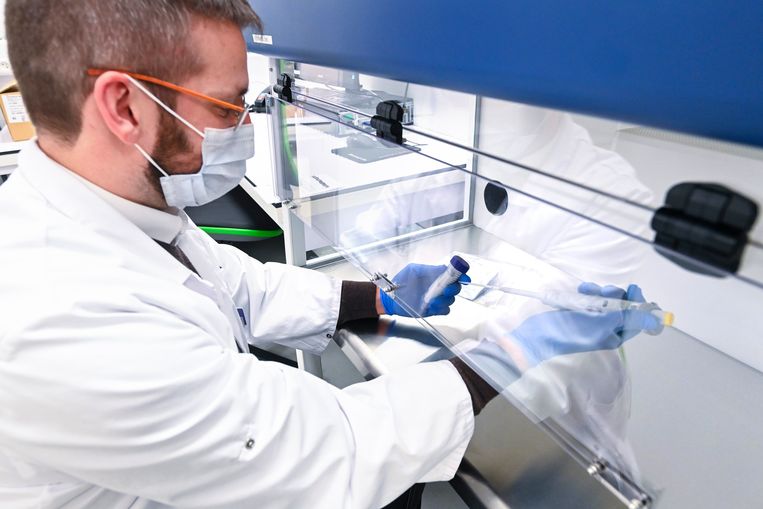Three out of ten tests for the new coronavirus (Covid-19) give a false negative result, according to Dr. Patrik Vankrunkelsven, a lecturer at the centre for general medicine of the university of Leuven, writing on the website of the Belgian centre for evidence-based medicine (CEBAM).
In other words, three out of ten tests which give a negative result actually turn out to be positive.
The consequences are serious. It is possible at present for people to be infected and yet believe themselves to be clean because they have no symptoms. That would lead them to carry on behaving normally instead of self-isolating. They would then be at risk of infecting others unwittingly.
If they were tested and given a false negative result, however, they would be more likely to believe themselves free of the disease, and to behave accordingly.
"There are many reasons why a test can be false negative: an insufficient presence of virus in the nasal mucus, quality and timing of the sample, conditions of transport and the margin of error of the test itself,” Dr Vankrunkelsven said.
“The result is therefore not always reliable. The figures cannot ever be perfectly accurate, but a conservative hypothesis is to estimate that among all the infected persons who undergo such a test, only 70% are declared positive and, in other cases, the data subject is incorrectly labelled as uninfected."
Nevertheless, he said, the tests are useful to give an overall epidemiological picture of the spread and evolution of the virus, but their usefulness on an individual level is limited.
As the government moves to increase the number of tests, particularly in nursing and care homes, the imprecision of the test itself may give a false sense of security.
"The available tests therefore do not change much about the concrete policy in these residential care establishments,” he said. “Caregivers must apply protective measures and practice strict hand hygiene before and after each contact with a resident."
Alan Hope
The Brussels Times

